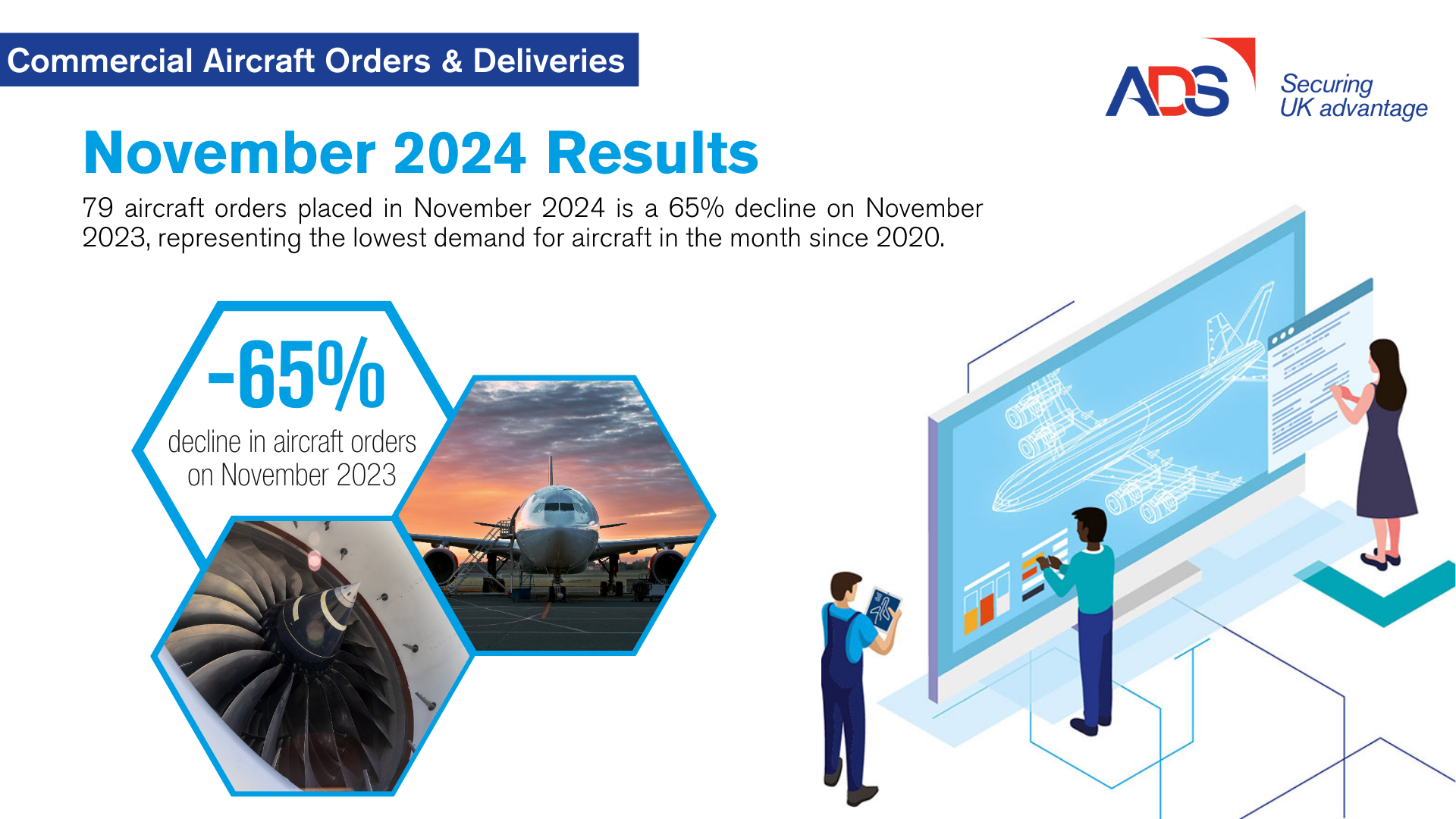The focus this week on the success and innovation of the UK’s space industry, has included the UK’s ambition to obtain 10% of the global space market by 2030 – with an interim goal of £19bn turnover by around 2020. But in an increasingly competitive and global industry, what are the policies and strategies required to fulfil these ambitions?
In November 2013, the UK Space Agency released its ‘Space Innovation and Growth Strategy’ Action plan for 2014-2030 for precisely this purpose; highlighting key areas for industry and government to pursue in order to ensure that UK industry maintains its annual growth rate of 10%.
The action plan identifies a number of recommendations, with each listing various actions required in order to support them. Some of the focus points include:
- Identifying new user demand in order to increase exports and mapping out the supply capacity required in the UK to meet this demand.
- Obtaining further inward investment into the industry through measures such as reducing regulatory burdens and simplifying licensing procedures.
- Ensuring the UK is central to future European Space Agency (ESA) projects – by contributing resources, technology and expertise, and obtaining a greater share of EU programme funding.
- Improving the supply of finance and business support to the SME community, including through further development of dedicated regional ‘Space’ clusters.
Support and collaboration from both government and industry is vital to
achieving these goals. Maintaining the UK’s strong position in a high-value manufacturing industry is not only important for its overall contribution to UK economic growth, but it also sustains valuable jobs and continues to develop the UK’s overall technology capabilities and expertise.
And who knows, with one action point calling for a dedicated ‘SpacePort’ for commercial space flight by 2018, the UK could be even closer to the stars than you think!





